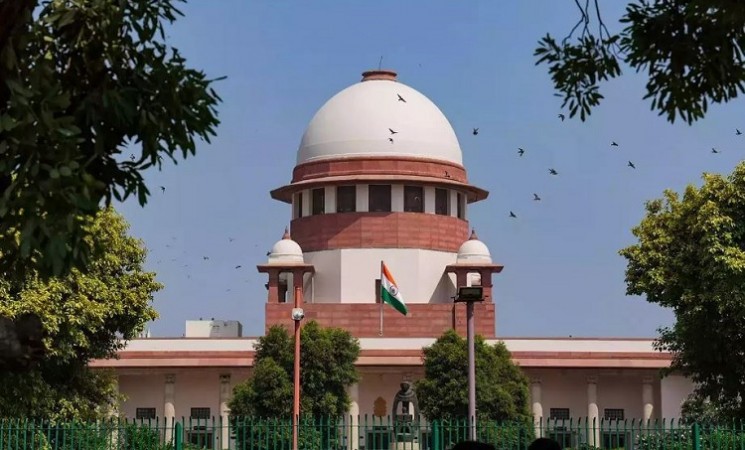
This Day in History: On July 30, 1992, a historic judgment was delivered by the Supreme Court of India that sent shockwaves through the educational landscape of the country. In a landmark ruling, the court declared the collection of capitation fees by educational institutions as unlawful. This decision had far-reaching implications for the education system, challenging the prevailing practices that had long been a subject of controversy and concern. The verdict came as a ray of hope for millions of aspiring students and their families, signaling a new era of transparency and equity in education.
Background: Before the Supreme Court's ruling, the education system in India was marred by the practice of capitation fees. Capitation fees were additional fees charged by certain private educational institutions, over and above the regular tuition fees, in exchange for admission to courses or programs. These fees were often exorbitant and imposed without any consideration of merit or academic qualifications. The system created a deep divide between students from economically weaker backgrounds and those who could afford to pay such fees, thereby undermining the principles of equal opportunity and social justice in education.
The Court's Verdict: The case that led to the Supreme Court's momentous verdict arose from a petition filed by concerned citizens and education activists, who sought to challenge the legality of capitation fees. The apex court, led by a bench of eminent judges, took cognizance of the issue and initiated an in-depth examination of the matter.
After extensive deliberations, the court ruled that the collection of capitation fees was a violation of the right to equality and a fair education system. The judgment emphasized that educational institutions must adopt a merit-based admission process, ensuring that deserving students were given access to quality education without any financial barriers. The court also reiterated the importance of maintaining transparency in the admission process to uphold the integrity of the education system.
Impact on Education: The Supreme Court's decision had a profound impact on the Indian education system. Firstly, it put an end to the rampant practice of capitation fees, making it illegal for educational institutions to charge arbitrary amounts for admissions. This move was met with widespread acclaim as it leveled the playing field for all students, irrespective of their economic background.
Secondly, the ruling forced educational institutions to reform their admission procedures. Instead of relying on monetary considerations, they had to adopt a merit-based approach that took into account the academic achievements and potential of applicants. Consequently, students were evaluated on their intellectual capabilities rather than their financial resources, promoting fairness and accountability in the education sector.
Furthermore, the judgment acted as a deterrent against corrupt practices in education. It sent a clear message that the law would not tolerate any form of bribery or under-the-table deals that compromised the sanctity of the educational process.
July 30, 1992, will always be remembered as a turning point in the history of Indian education. The Supreme Court's ruling against capitation fees was a significant step towards building a more equitable and just education system. By eradicating the practice of demanding hefty donations for admissions, the court reaffirmed the principles of equal opportunity and meritocracy.
In the years that followed, the impact of this judgment was evident as educational institutions revised their admission policies, and the aspirations of countless students soared higher. However, challenges persisted, and the need for continuous reform in the education sector remained. Nevertheless, the Supreme Court's decision on that fateful day laid the foundation for a more inclusive and accessible education system for generations to come.